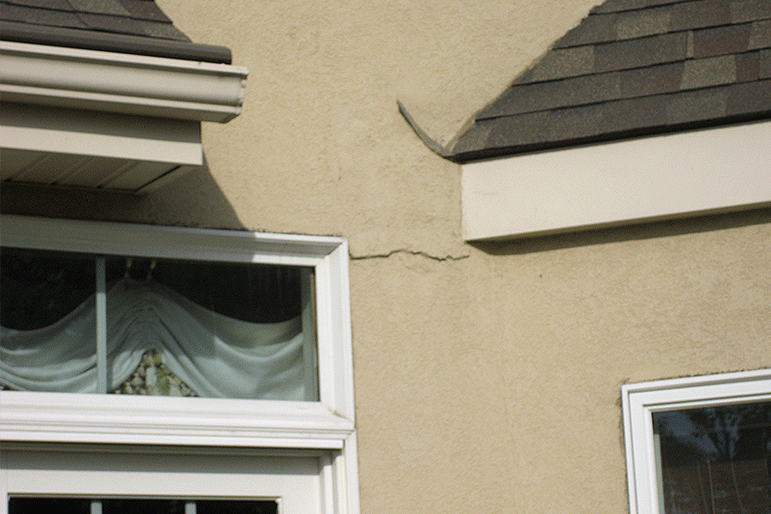The Most Efficient Stress Cleaning Methods For Different Surfaces
The Most Efficient Stress Cleaning Methods For Different Surfaces
Blog Article
Short Article By-Bryant Puckett
When it concerns press washing, the method you choose can make all the difference in accomplishing a clean, streak-free coating. You may discover that hard surface areas, like concrete, need a different strategy than softer products, such as wood or vinyl. It's vital to adjust your methods to the surface kind to prevent damage while taking full advantage of cleansing effectiveness. So, what are the very best methods for each and every surface, and just how can you guarantee you're utilizing the ideal settings and devices for the work? Let's discover what you require to recognize to obtain the most effective outcomes.
Tough Surface areas
When it concerns pressure cleaning hard surface areas, preparation is crucial. Prior to you even think about pulling out the stress washer, make the effort to clear the location of any type of debris, furnishings, or obstacles. You don't want anything entering your means or potentially damaging your tools.
Next off, examine the surface for any type of fractures or damage; this will certainly help you establish the appropriate strategy and pressure settings.
When you have actually prepared the location, it's important to choose the best nozzle. For tough surfaces like concrete or brick, a narrow nozzle (15 or 25 levels) works best to supply a concentrated stream of water that can efficiently get rid of gunk and stains. Constantly start at a distance and gradually move better to stay clear of any surface area damages.
As you begin washing, keep the wand relocating to prevent touches and over-saturation. It's additionally valuable to function from the top down, allowing dirt and particles to get rid of normally.
Finally, keep in mind to wash the surface area thoroughly after cleaning up to eliminate any leftover cleaning agent. With these techniques, you'll accomplish a tidy and refreshed look on all your difficult surfaces.
Soft Surfaces
Stress washing soft surface areas requires a gentler strategy to protect them from damages. Whether you're cleansing your deck, outdoor patio furnishings, or exterior siding, using too much stress can lead to dents, scratches, or perhaps irreparable harm.
Start by selecting https://www.architecturaldigest.com/story/how-to-clean-an-oven -pressure nozzle, preferably a 25-degree or larger spray pattern, to spread the water a lot more delicately.
Prior to you begin, it's crucial to pre-treat any type of stains with a suitable cleansing option. This action allows the cleaner to pass through the dust and gunk, making it much easier to wash away without scrubbing as well hard.
Always use the solution from the bottom approximately avoid streaking.
When you start pressure washing, preserve a range of at the very least 12 to 18 inches from the surface. Move your wand in a sweeping motion, maintaining it parallel to the surface to stay clear of focused pressure on one area.
Wash the location thoroughly after cleaning up to remove any kind of residual cleaner.
Lastly, check the surface area for any kind of missed out on areas and duplicate the process if essential. By complying with these actions, you can efficiently tidy soft surfaces while maintaining their integrity and look.
Specialty Surfaces
Cleansing soft surfaces needs care, yet specialty surfaces require much more attention to detail. When you tackle these surface areas, like fragile wood, stained concrete, or certain kinds of house siding, using the right pressure cleaning strategies is important to stay clear of damage.
First, assess the material. As an example, dealt with wood can often withstand modest pressure, yet softer timbers like cedar may need a reduced setting. Constantly begin with Recommended Resource site and progressively boost if required.
For discolored concrete, use a fan spray nozzle and keep a regular distance to stop engraving the surface.
When handling surfaces like vinyl house siding or painted surfaces, a large spray pattern assists distribute the pressure equally, securing the finish.
It's also smart to use cleaning agents specifically designed for specialized surface areas. They can enhance cleansing without jeopardizing the material.
Rinse extensively after washing to eliminate any kind of residue, as it can bring about discoloration or deterioration gradually.
Final thought
In conclusion, understanding stress washing strategies for various surfaces can make all the difference in your cleansing results. For difficult surface areas, adhere to narrow nozzles and a top-to-bottom method, while soft surfaces require a gentler touch with bigger nozzles. Don't forget to pre-treat stains and rinse completely to avoid deposit. By adapting your techniques to every material, you'll not just accomplish a cleaner coating but also secure the integrity of your surfaces. Delighted cleansing!
